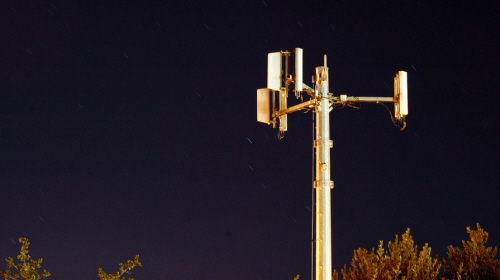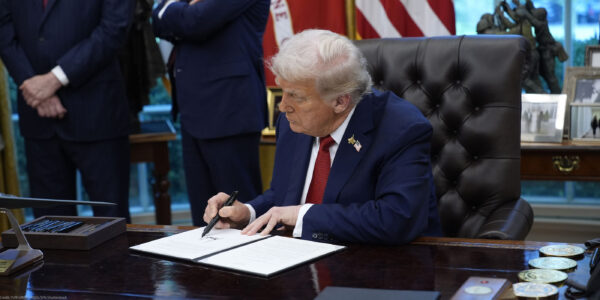
Tomorrow, the Department of Justice will tell a federal appeals court panel in New Orleans that law enforcement agents should be permitted to obtain two month’s worth of historical cell phone location information without a warrant. Several civil liberties groups, including the ACLU, have filed briefs arguing otherwise (you can read our amicus brief here). We believe that cell phone location data, particularly when collected over a lengthy period of time, reveals intimate facts about a person's private life. The appropriate legal standard for such private information should be a probable cause warrant, issued by a judge.
In October 2010, federal prosecutors in Texas submitted three applications for court orders requiring the disclosure of 60 days of cell-tower location data in three separate investigations. Soon after, Magistrate Judge Stephen Smith issued an opinion denying the government’s location-tracking applications, declaring that “compelled warrantless disclosure of cell site data violates the Fourth Amendment.”
The Department of Justice appealed their loss, first to a district court judge, where they lost again, and then to the 5th Circuit Court of Appeals. Rather than having to meet the warrant standard, the Department of Justice argues that prosecutors should be able to obtain historical cell tower location data by merely showing “specific and articulable facts” that there are reasonable grounds to believe that the records sought are relevant and material to an ongoing criminal investigation.
Earlier this year, four justices of the Supreme Court agreed in US v. Jones that “the use of longer term GPS monitoring in investigations of most offenses impinges on expectations of privacy.” In that case, the government tracked a suspect's movements for 28 days using a GPS tracking device placed under his car. As Justice Sotomayor wrote in her concurring opinion, “GPS monitoring generates a precise, comprehensive record of a person’s public movements that reflects a wealth of detail about her familial, political, professional, religious, and sexual associations.”
In this case, the government sought location data for periods twice as long as the surveillance in Jones—but rather than tracking targets using a government GPS tracking device placed by law enforcement agents, they instead turned to the tracking devices that we now carry with us at all times: our cell phones.
In contrast to GPS tracking devices placed under cars, cell phone surveillance is cheaper, more covert, and requires less labor. Rather than having to crawl under someone's car, law enforcement officers can now collect cell phone location data through dedicated self-service surveillance websites provided by the phone companies. When so much sensitive data is just a click away, it isn't surprising that law enforcement agencies have embraced this method of surveillance. In response to a congressional query, the major wireless carriers revealed this summer that they receive approximately 1.3 million requests from law enforcement agencies each year for subscriber data. Sprint was the only phone company to provide specific data about requests for subscriber location data: nearly 200,000 times over the past 5 years.
In years past, the cost and difficulty of surveillance created a natural limit on the extent to which the government could use its powers. Modern technology has now lowered those barriers, permitting the government to engage in surveillance at a massive scale. It is therefore vital that the courts step in and limit the government's gaze.


